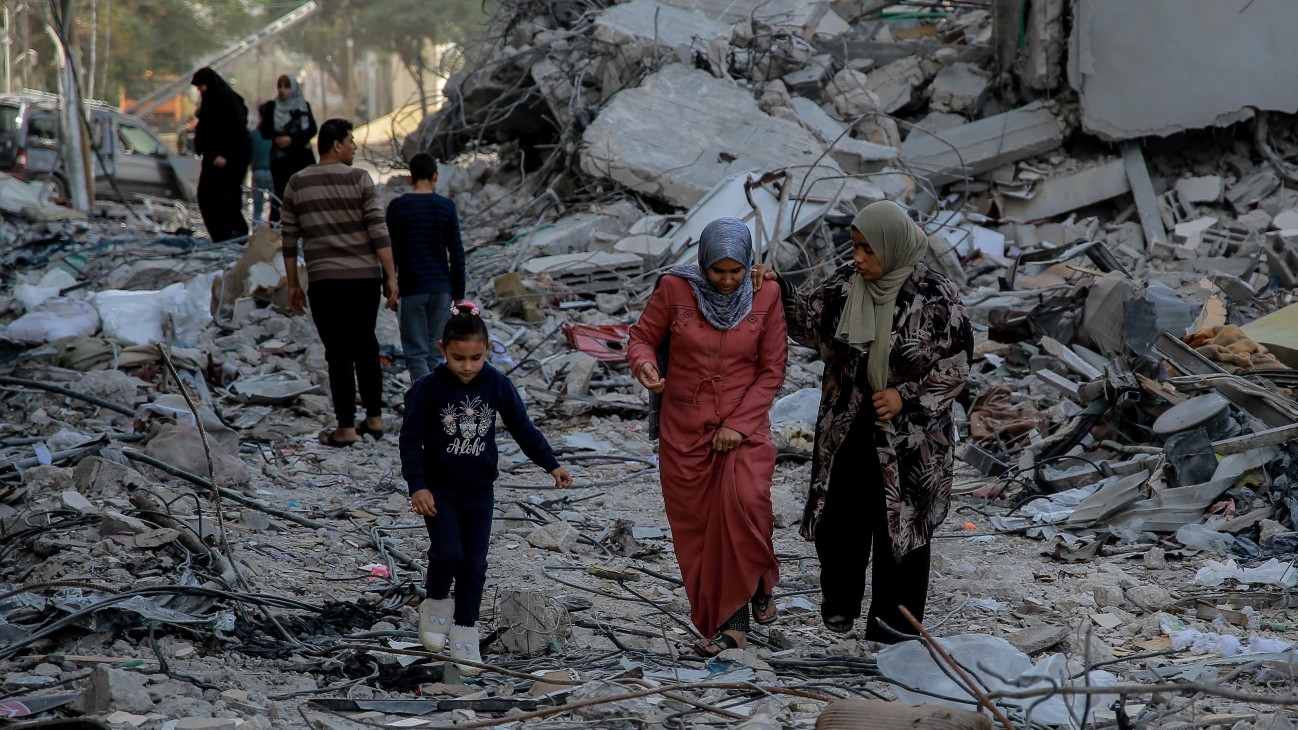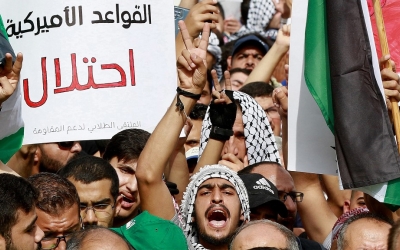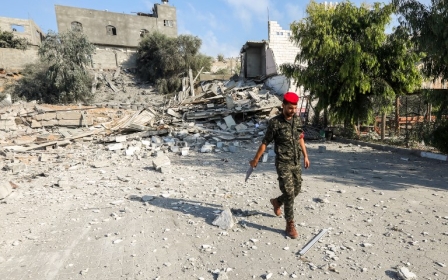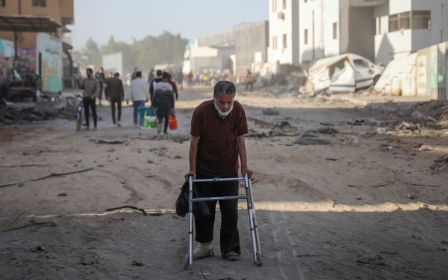Israel-Palestine war: Israel and Hamas extend truce after last-minute mediation efforts

Israel and Hamas agreed to continue a fragile truce for at least another day on Thursday, as US Secretary of State Antony Blinken landed in the region to try to facilitate the release of more captives held in Gaza.
There were frantic diplomatic efforts throughout the night to prolong the six-day truce which was set to end at 7am local time on Thursday.
The agreement, announced by both sides minutes before the pause was set to expire, came after Hamas sent Israel a list of women and children it would free on Thursday.
A statement from Prime Minister Benjamin Netanyahu's office said Israel's war cabinet had come close to ending the pause after unanimously deciding "that if an acceptable list of further prisoners to be released was not delivered by 07:00 this morning, fighting would resume at once."
"A list of women and children – in accordance with the terms of the outline [of the truce agreement last week] - was delivered to Israel a short time ago; therefore, the pause will continue,” it said.
Stay informed with MEE's newsletters
Sign up to get the latest alerts, insights and analysis, starting with Turkey Unpacked
About 100 people have been freed by Hamas and more than 200 Palestinian prisoners by Israel over the past week, including 16 captives who were exchanged for 30 Palestinian prisoners on Wednesday night.
Hamas freed 10 Israelis, two Israeli-Russian dual-nationals and four Thai citizens, according to Qatar's foreign ministry on Wednesday.
Among the 30 released from Israeli jails on Wednesday was Ahed Tamimi, a prominent 22-year-old Palestinian activist and writer who was sentenced to eight months in prison for slapping and kicking an Israeli soldier in 2017.
Israeli troops arrested Tamimi earlier this month saying a post on her Instagram account was an "incitement to terrorism." Her family has said the post was fake.
Follow Middle East Eye's live coverage for the latest on the Israel-Palestine war
Netanyahu has been facing increased pressure from the families of captives to prolong the pauses, but has also faced resistance from far-right members of his governing coalition who oppose any new deals with Hamas.
In a warning to Netanyahu and his other coalition parties and members on Tuesday, National Security Minister Itamar Ben Gvir said that if Israel didn't continue its war with Hamas, his Otzma Yehudit Party would quit the government.
"Stopping the war = breaking apart the government," he said in a post on X, the social media platform formerly known as Twitter.
Later, Israel's finance minister, Bezalel Smotrich, told Netanyahu to spurn a ceasefire deal with Hamas as mediators - including Qatar, Egypt and the US - intensified efforts in Doha to reach a more lasting settlement to the conflict.
Smotrich said on X that broadening the current agreement was "not on the agenda, not even as a suggestion".
On Wednesday, Netanyahu said Israel would resume its military campaign "after completing this stage of the return of our hostages," adding: "There is no situation in which we do not go back to fighting until the end."
Blinken arrived in Israel for talks late on Wednesday amid intense international pressure for both sides to extend the pause to allow more aid into devastated Gaza.
Conditions in the territory remain "catastrophic," according to the World Food Programme, and the population faces a "high risk of famine."
CIA director Bill Burns and the head of Israel's Mossad spy agency, David Barnea, spent a second day in Doha in talks with the Qatari government aimed at stretching the truce further.
According to reports, the director of Egypt’s General Intelligence Directorate, Abbas Kamel, was also reported to be taking part in the discussions.
If the truce is extended again it will offer further relief for the 2.3 million Palestinians in Gaza who have endured several weeks of relentless Israeli bombardment, as well as families in Israel fearful for the fate of their loved ones taken captive on 7 October.
Middle East Eye delivers independent and unrivalled coverage and analysis of the Middle East, North Africa and beyond. To learn more about republishing this content and the associated fees, please fill out this form. More about MEE can be found here.





